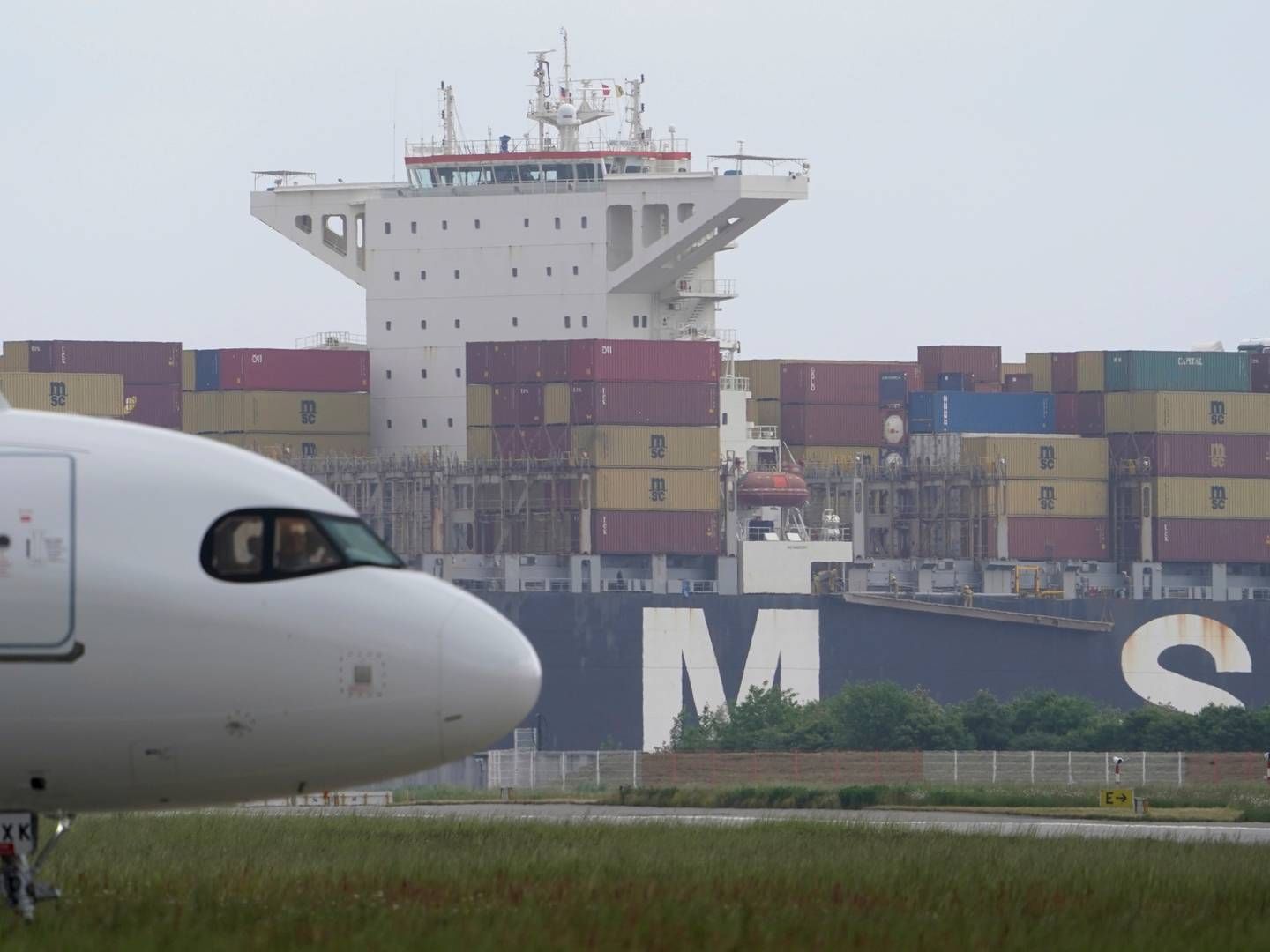Opinion: Nine carriers operate 82 percent of all vessels. That does not mean they control the market

Much coverage of container shipping is focused on the three major liner shipping alliances: 2M, Ocean Alliance and THE Alliance.
The nine largest carriers in world are all members of one of these alliances. These nine carriers operate 82 percent of the global vessel capacity.
This often leads to implicit indication that the alliances therefore “control” 82 percent of global container trade, with the associated implication that carriers might have an undue control over the market.
Reality, however, is much more complex.
First it must be noted that the scope of the alliances only cover the major east-west trades between Asia, Europe and North America.
This means that roughly one-third of global container volumes measured in teu are within the scope of the alliances. Two-thirds of the global cargo is outside the scope of the alliances.
If demand is instead measured on teu/miles to take sailing distances onto account, the markets covered by the alliances account for 54 percent of global demand. Viewing the alliances on the basis of their global fleets, is therefore a misreading of the actual market dynamics.
For the part of the market outside the scope of alliances, carriers also operate in various constellations of vessel sharing agreements with each other – this is no different than the east-west alliances apart from the size and geographical scope
All the major carriers are therefore very used to working with each other in either sharing space on vessels or buying space from each other.
Looking further at the trades purely within the scope of the alliances, a more nuanced picture again emerges.
Historically, alliances have broken up and reformed in new constellations multiple times.
The pattern usually seen is that upon formation of a new alliance, the alliance partners will initially have a relatively “pure” network where they retain the vessel space for themselves.
But over time there is the emergence of slot-charters where a carrier inside one specific alliance charters out some slots to a carrier who is a member of a different alliance.
A very recent example is the announcement last week from Hapag-Lloyd that they have taken a slot charter with CMA-CGM on the Asia-Europe service.
Even though Hapag-Lloyd is a member of the THE Alliance, it means that they will now be selling a product to their customers onboard an Ocean Alliance operated service.
This can eventually lead to quite a tangled web across alliances.
As an example of this, an analysis in 2015 showed the Ocean-3 alliance at the time to have 5 “outside” carriers on average onboard their various alliance services from Asia to North Europe.
It also showed that in the period from 2011 to 2015, the number of such “outside” slot charters on various alliance services doubled as the established alliances gradually developed such cross-alliance slot charters.
This fundamental development is of vital importance to the customers.
In the current situation global demand has dropped sharply. The latest data from November shows the exports from Far East to Europe having declined 18 percent year-on-year and for Far East to North America the drop is 26 percent.
As a consequence the carriers find themselves forced to cancel a large array of sailings to try to match capacity to demand.
But cancelling services also makes it difficult for a carrier to fulfill the service promise they have made to their customers.
One way to resolve this issue is for a carrier to make a slot charter with a carrier in a different alliance in order to still deliver specific port-port combinations despite having cancelled some of their own operated services.
The current outlook for the market is for continued depressed demand for a while longer into 2023, and on that basis it should also be expected that the alliance carriers will continue to cancel a significant amount of sailings.
From a carrier perspective it is not financially viable to sail all vessels as planned if demand is down by some 20%. From an environmental perspective it is also not efficient to operate vessels with significant empty slots onboard.
This in turn means that we should expect to see more slot charters emerge cross-alliance during 2023.
This will improve the service coverage for shippers who have contracts with a specific carrier, but will at the same time also make it less transparent for the shippers who actually operates the services their goods are moving on.



















